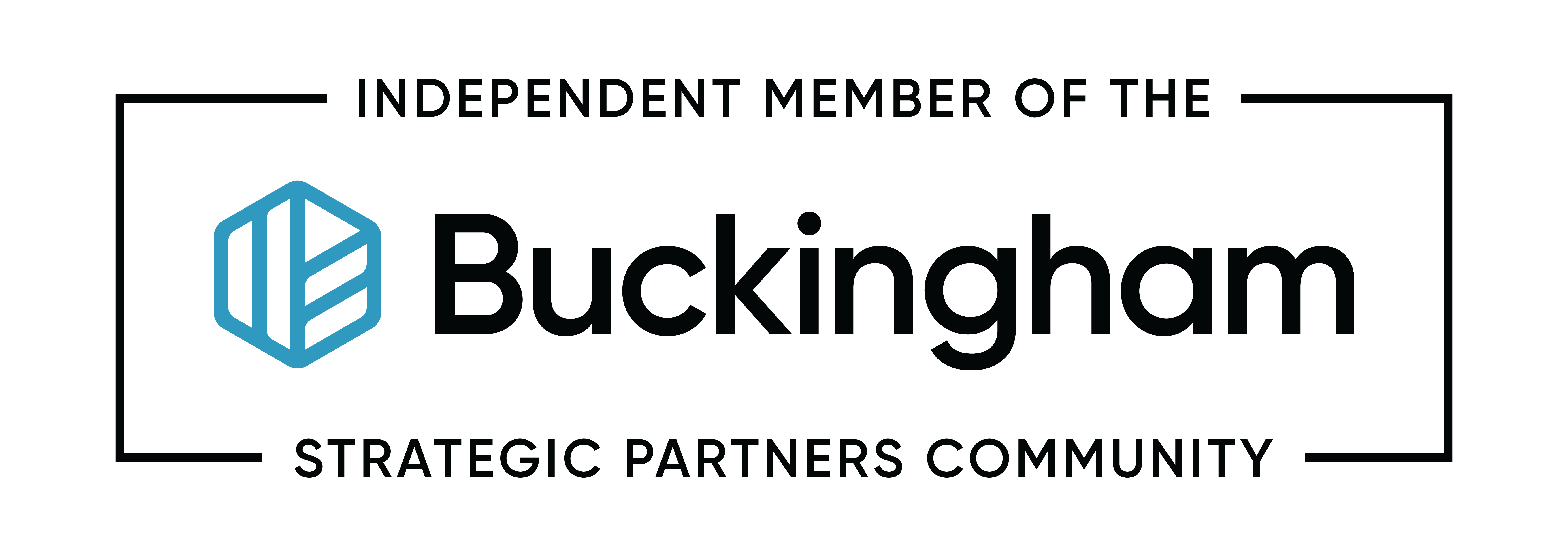Small business owners interested in taking advantage of the new 20 percent qualified business income (QBI) deduction under the 2017 tax law should consider taking a look at pairing a cash balance plan with their 401(k).
Qualified Business Income Deduction
While the Tax Cuts and Jobs Act of 2017 did not address defined benefit plans directly, it did change tax deductions in ways that are certain to make the old-fashioned pension plan much more attractive. One of the most talked about changes to the tax code is the creation of the QBI deduction. This allows the owner of a partnership, sole proprietor, trust or S corp to deduct from his or her taxable income 20 percent of the business’ QBI (subject to limitations). At a top federal tax rate of 37 percent, higher deductions will result in hefty savings.
One catch to this new deduction is business owners in a number of fields – including health, law, sports and performing arts – cannot use QBI if their adjusted gross income (AGI) is too high. For married couples filing jointly, the deduction is phased out from $315,000-$415,000. This drops to $157,500-$207,500 for single filers. Clearly, there is a big incentive for business-owning taxpayers to make AGI fall under the QBI cap.
Here’s where the defined benefit or cash balance plan comes into play. Using a cash balance plan in combination with a 401(k) plan will allow the business owner to make very large, tax-deductible contributions to the cash balance plan and potentially bring their AGI below the QBI caps.
SALT limits
Defined benefit plans will likely help high earners cope with new limits on state and local taxes (SALT). The 2017 tax law limits SALT deductions, including property taxes and state income taxes, to $10,000. This means someone who earned $5 million and lives in California will only be able to deduct $10,000 from their federal return rather than the roughly $600,000 that would have been deductible under the old law. High earners, especially those in high tax states, will be well advised to explore the possibility of reducing their taxable income through the use of defined benefit plans.
As always, we must note that the solutions discussed above are not appropriate for everyone. Please contact a Claris advisor to see if a cash balance plan is right for you.

